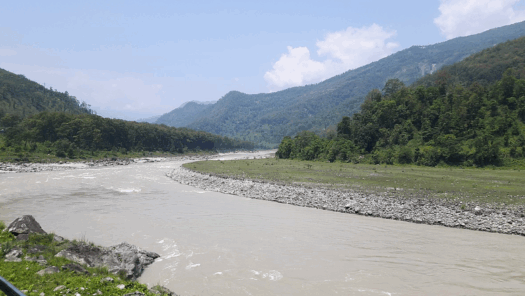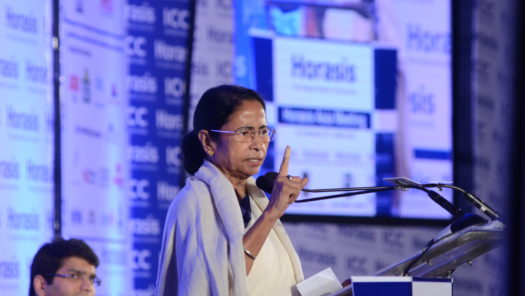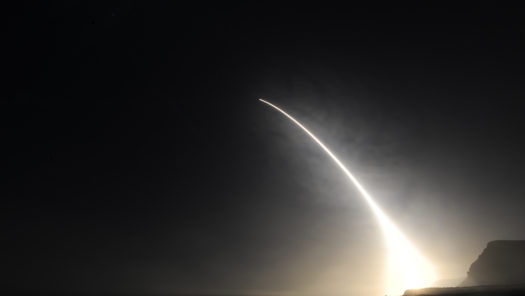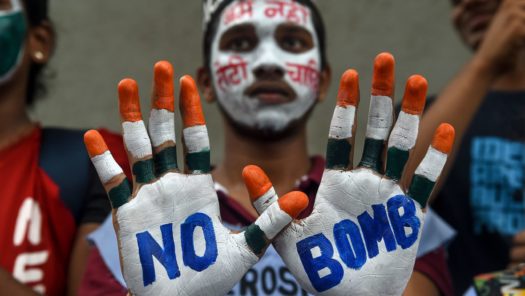Treaty
Return to article
Water as a Multilateral Issue? The Case of Bangladesh and Implications for Indian Diplomacy
Even as India-Bangladesh ties have seen signs of economic and political stress in recent days and weeks, one recent development with bilateral implications went largely unnoticed. On June 20, Bangladesh became the first South Asian country to accede to the…

Post Pahalgam, Does Diplomacy Have a Chance?
India and Pakistan are on the precipice of a crisis once again, following an attack on tourists in the Pahalgam area in the Anantnag district of Indian-administered Kashmir last week. The attack, responsibility for which was claimed by a relatively…

Transboundary Water Challenges Are Impacting Sino-Indian Relations
Chinese President Xi Jinping skipped the G20 Summit in New Delhi amid strained bilateral ties with India. Although recent friction or “abnormality” in the India-China relationship has primarily been a product of their disputed land border along the Himalayan frontier—as…

Indo-Bangladesh Relations Following the West Bengal Elections
The Mamata Banerjee-led All-India Trinamool Congress (AITC) has secured a majority, winning 213 seats in the 294-member assembly in the recent West Bengal elections. The AITC’s principal opponent, the Bharatiya Janata Party (BJP) has won 77 seats while the Indian National…

The Nuclear Taboo, Deterrence, and Institutional Relationships
Waning Nuclear Taboo in South Asia In a recent Stimson Center paper, Nina Tannenwald discusses the dynamics of the “nuclear taboo”, the “normative inhibition against nuclear first use,” in South Asia. Tannenwald points to the declining strength of the nuclear…

Civil Society Mobilization for Reducing Nuclear Risks in South Asia
In 2017 Sobia Paracha examined the role of civil society in reducing nuclear risks globally and in South Asia. In light of the recent 75th anniversary of Trinity test – the world's first nuclear explosion – her words, reproduced below,…